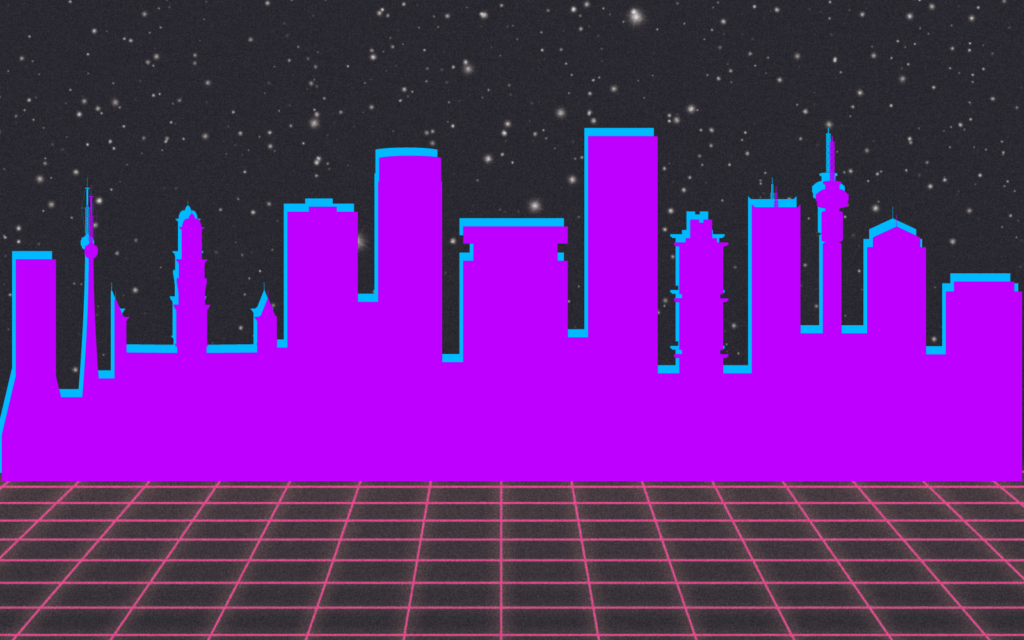When you hear the term ‘smart city‘, you usually think of a technologically-advanced place where the electricity stays on 24 hours a day. Be that as it may, the City of Joburg, in its most recent budget, has allocated a bunch of cash to planned smart features for the city. Among them are plans for automated substation fire suppression, an eHealth system, and a bunch of WiFi hotspots.
The total budget for these features, according to a speech made by the city’s finance MMC Julie Suddaby, is R316.5 million. The lion’s share of this goes to an automated fare payment system for Joburg’s Rea Vaya bus line. That project will net R260 million on its own.
Joburg’s robot future
Our smart city maxim is to embrace ICT innovation as a force for good. In keeping this we have prioritised the following projects: #JoburgBudget2022
— City of Joburg (@CityofJoburgZA) May 25, 2022
Johannesburg’s eHealth program has scored R21.5 million. The initiative collects patient data into something called an Electronic Health Record. Being able to access that would actually be rather useful. One of the most frequent frustrations of using government-funded hospitals is how hard it is to access records. They tend to go… missing.
Joburg’s Rea Vaya bus line already has a smartcard system and app, as well as WiFi access in some locations. The R260 million allocated to it will see the public transportation adding the ability to automatically collect fares. How this will be done isn’t explained, but there are many possibilities. Most convenient, and also most worrying on a privacy level, is facial recognition.
The city has allocated R15 million to a facility called the Integrated Intelligence Operating Centre. If you’re picturing a room where law-enforcement types sit and monitor the city, well done. Your imagination and reality have met rather neatly in the same place. The facility is designed to “…integrate all municipal data on a single platform in a bid to improve decision-making on critical service delivery issues, using technology”.
Then, the City of Joburg is handing over R20 million for “…security equipment for fire detection and suppression at major substations will greatly assist in ensuring reliable power supply”. Given how load shedding is treating the country’s electrical infrastructure, this is probably a good idea.
And, finally, the city is planning to expand the number of free WiFi hotspots by about 500 locations. The locations themselves, and how much it will cost to implement, will come later. Apparently. Now if they could just stop the traffic lights from shutting down every time it rains…




